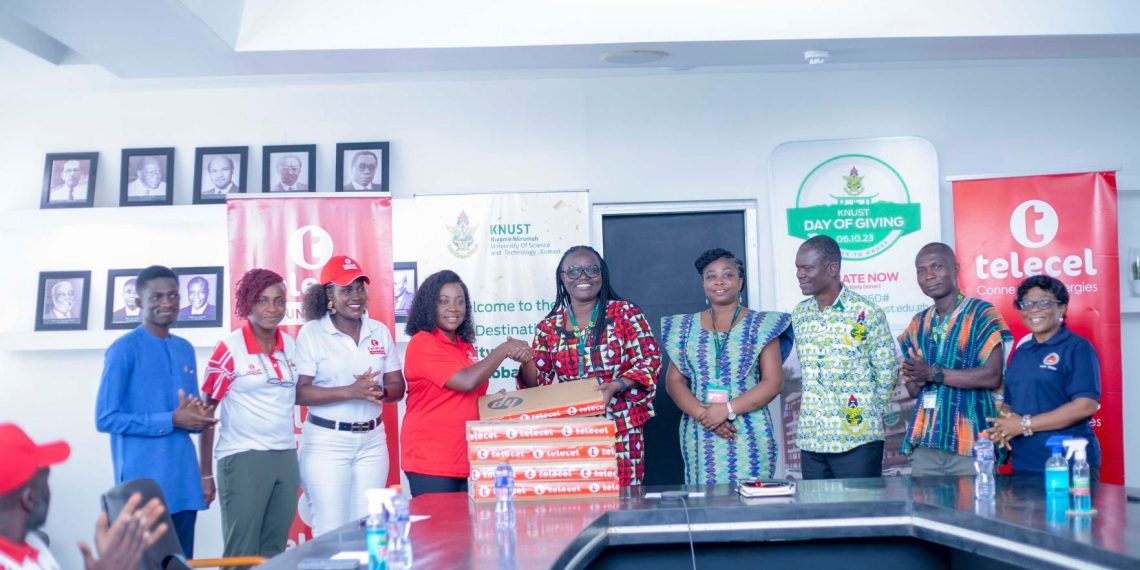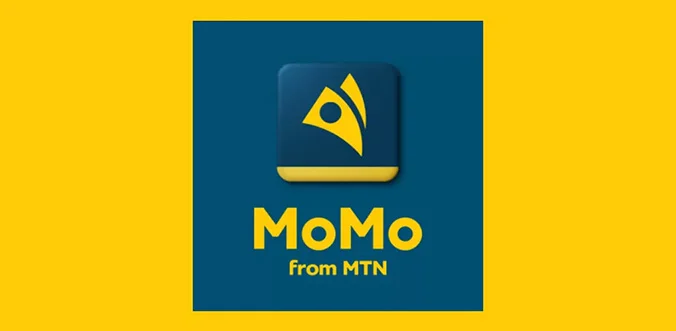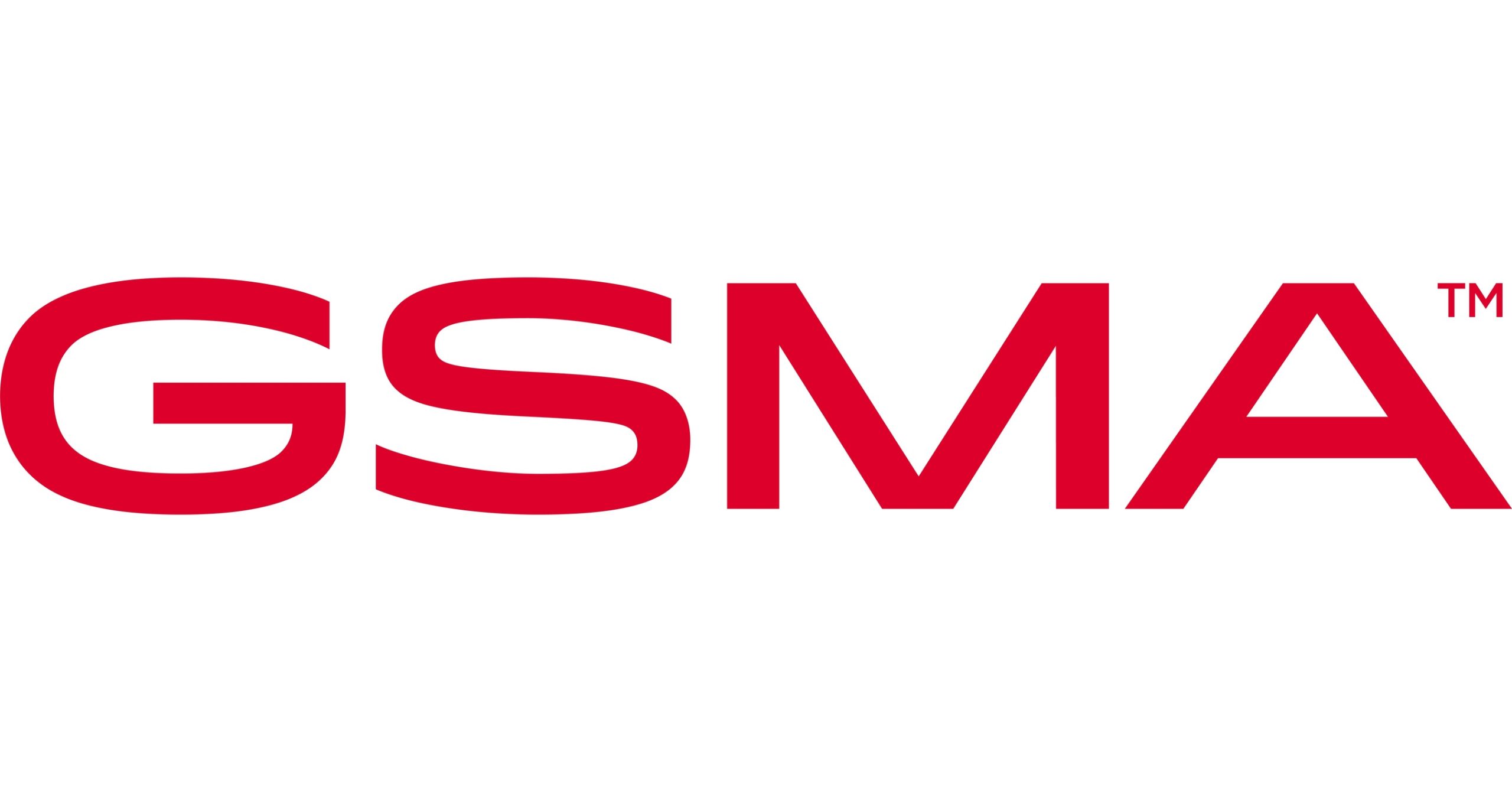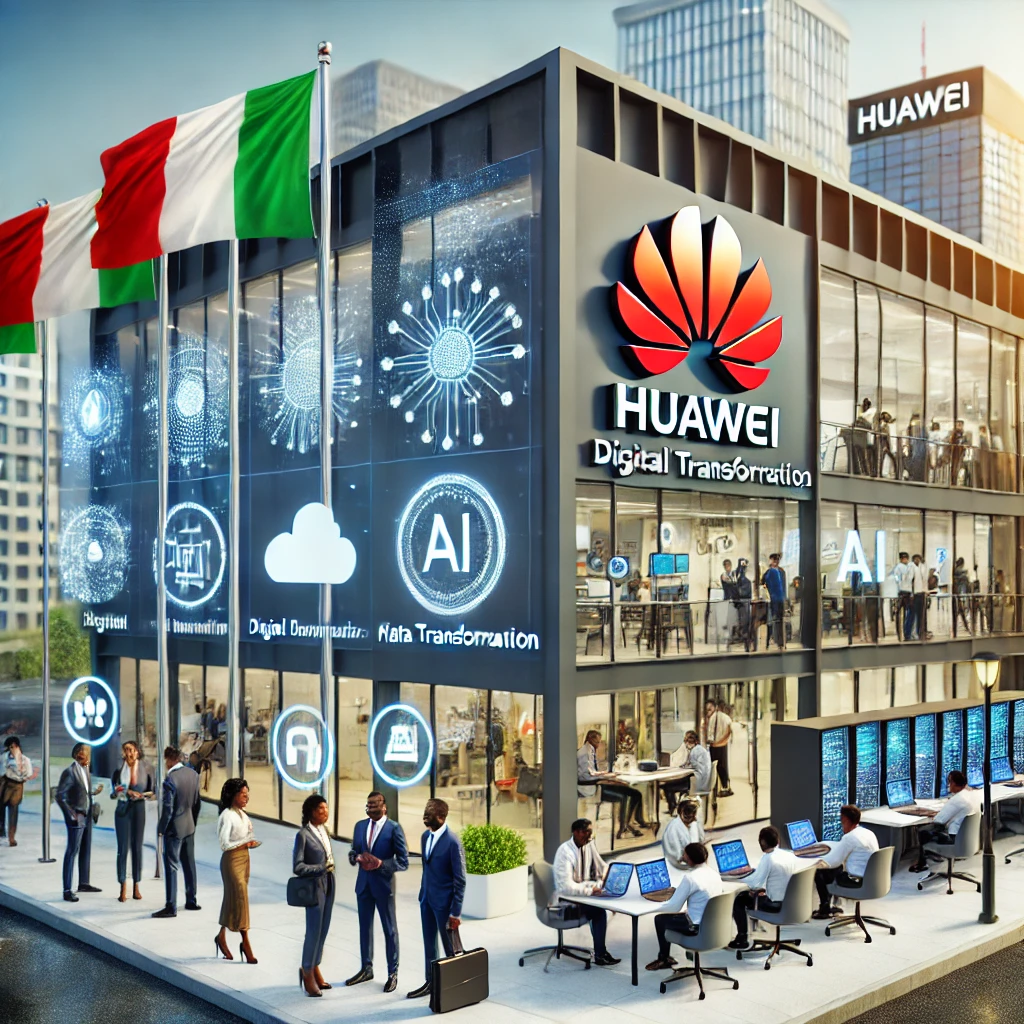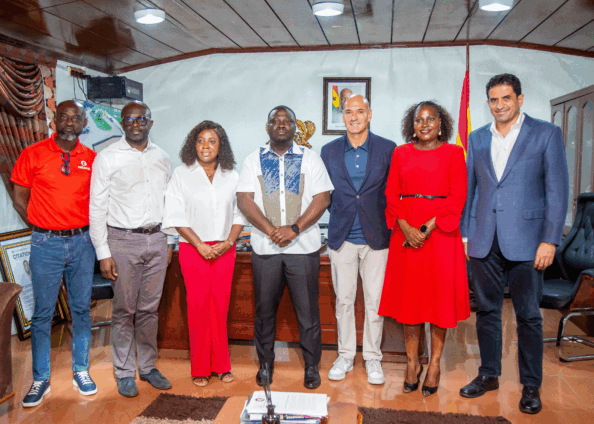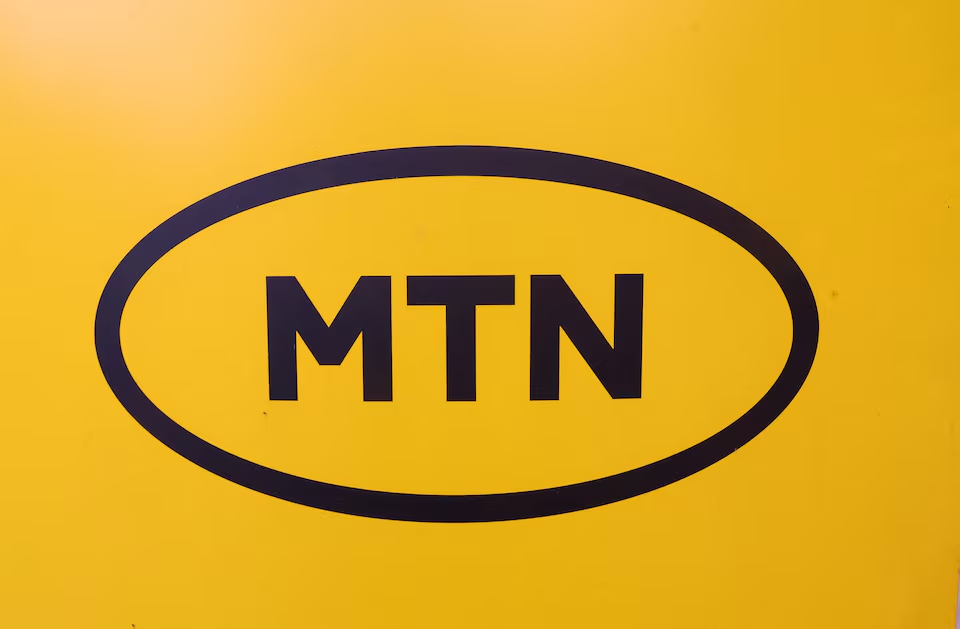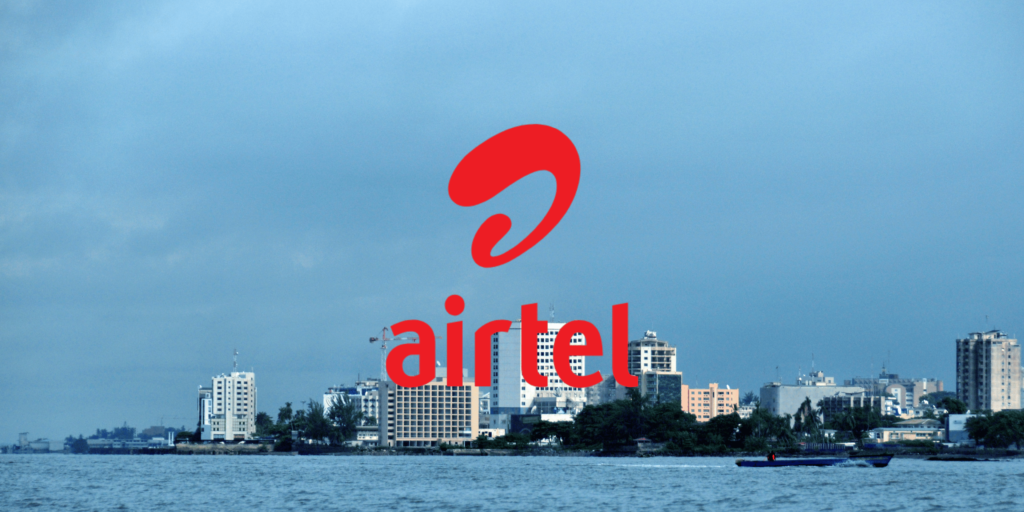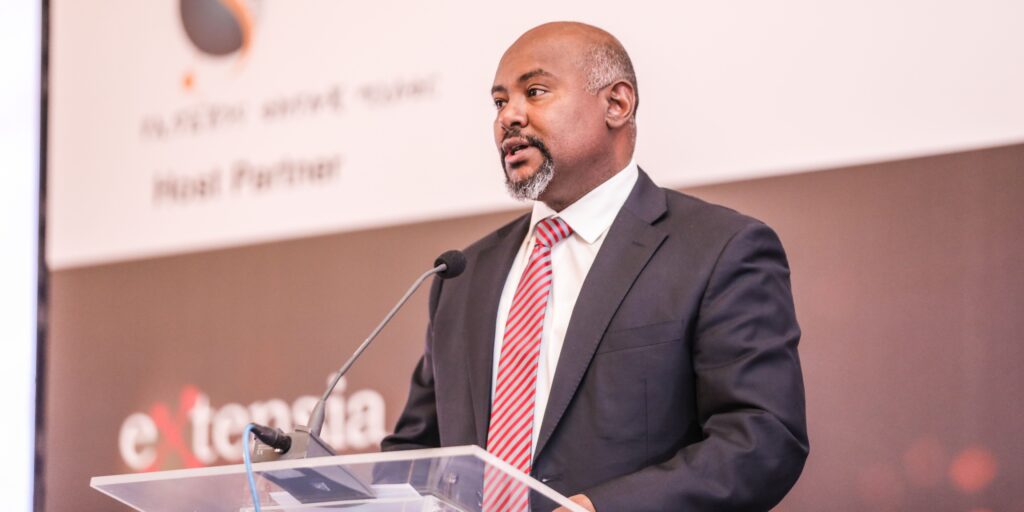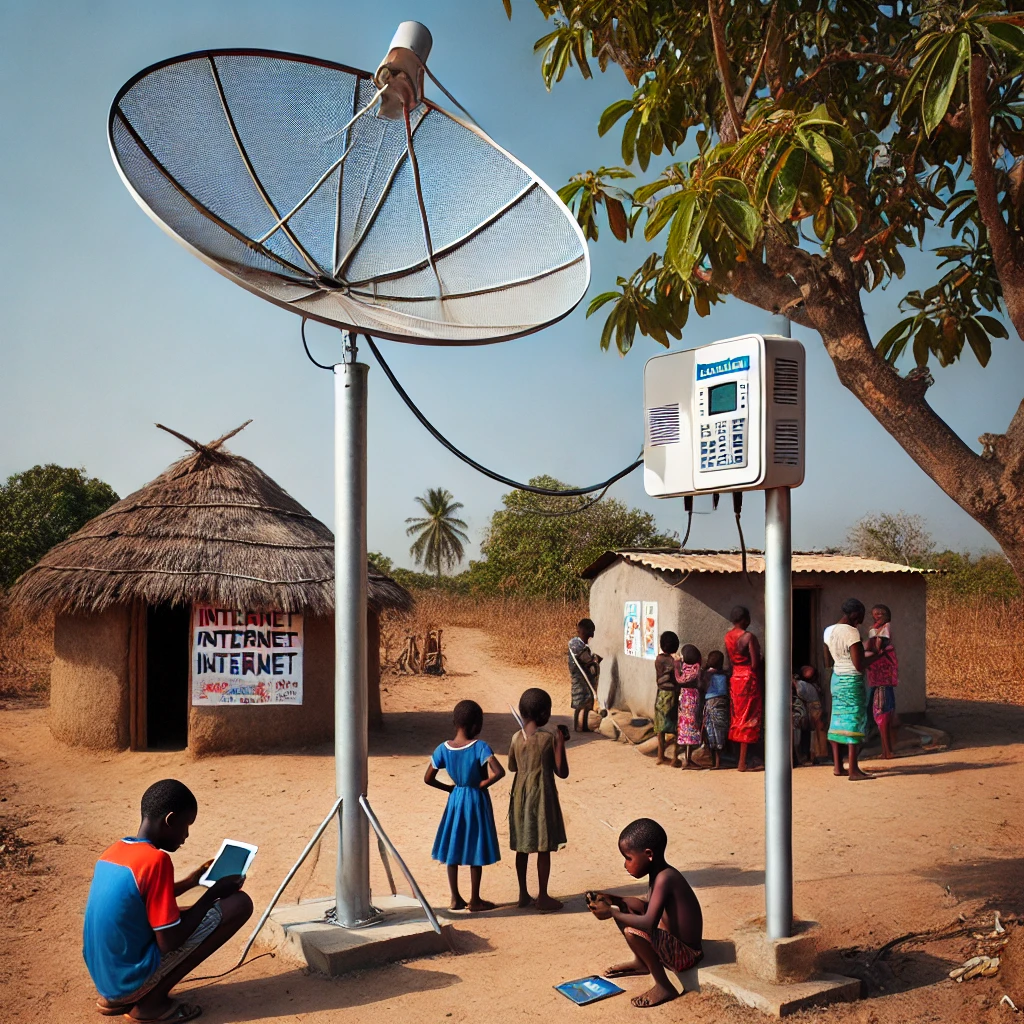Source: Citi Newsroom
As part of its commitment to digital inclusion, the Telecel Ghana Foundation has donated 100 brand-new laptops to the Kwame Nkrumah University of Science and Technology (KNUST) to support underprivileged students.
The donation, made under the Foundation’s Connected Learning pillar, is the second to the university’s Support One Needy Student with One Laptop (SONSOL) initiative. In 2021, Telecel provided 200 laptops in response to KNUST’s appeal to bridge the digital divide affecting thousands of students.
Speaking at the handover ceremony in Kumasi, Chief Executive Officer of Telecel Ghana and KNUST alumna, Ing. Patricia Obo-Nai, reiterated the telco’s pledge to support equitable access to learning tools.
“With these laptops, more students will participate fully in virtual learning, collaborate on group projects, and take charge of their academic futures,” she said, emphasizing the company’s focus on digital empowerment.
KNUST Vice-Chancellor Professor Mrs. Rita Akosua Dickson expressed deep appreciation, noting that the support would uplift brilliant but disadvantaged students facing barriers in the digital learning space.
“This investment will unearth the potential of transformational leaders who would otherwise be left behind due to economic hardship. Its impact will extend well beyond the immediate beneficiaries,” she stated.
Student leadership echoed this sentiment. SRC Vice President Samuel Afful remarked that the intervention offers both relief and dignity to many students who previously relied on borrowed or faulty devices.
The donation coincides with Telecel Ghana’s Ashanti Month—an annual celebration that reaffirms the company’s long-standing partnerships in the region and its dedication to community development through digital access.
Source: Citi Newsroom


